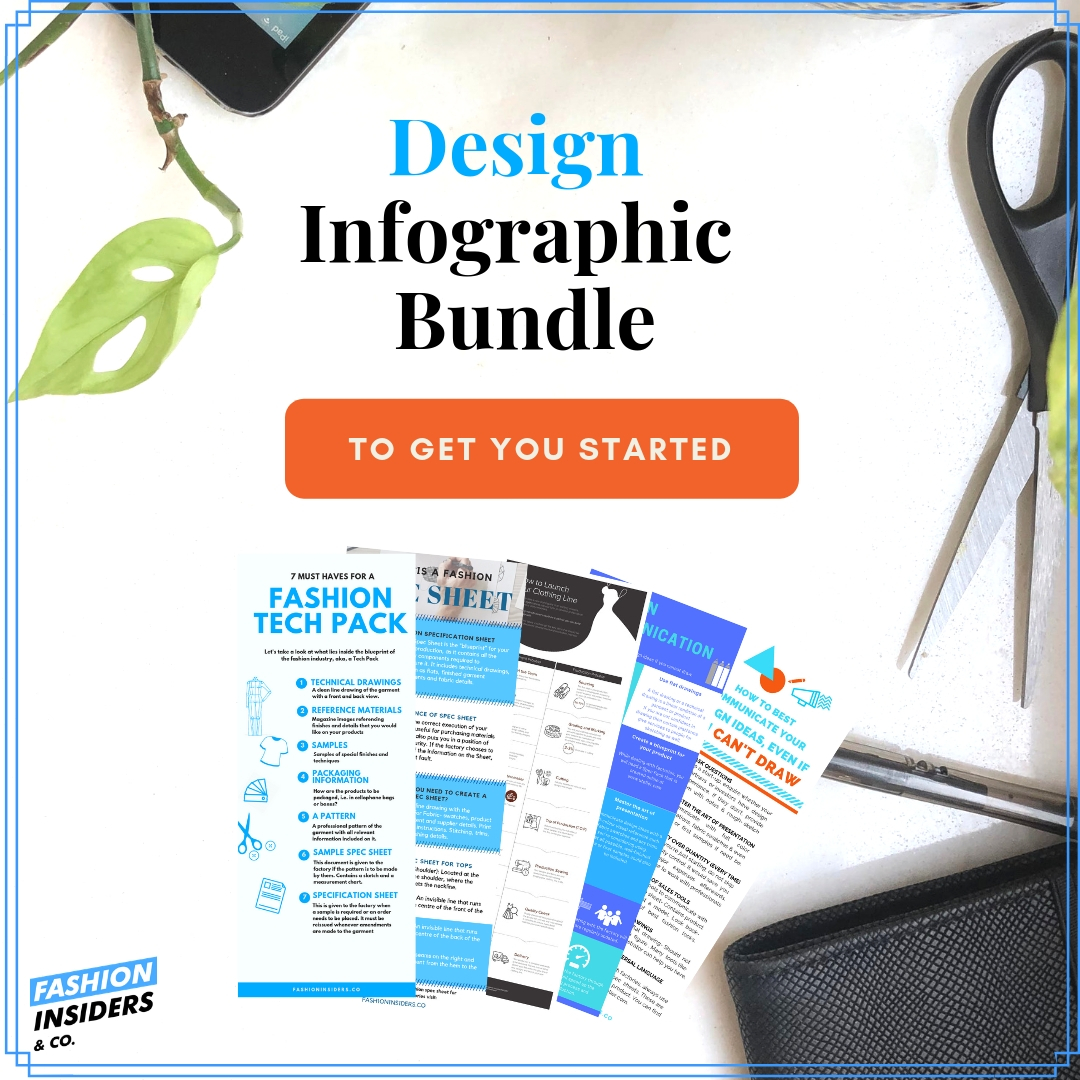Whether you’re at the business planning stage, looking for investors, manufacturers or stockists – or considering selling your business – there is inherent value in your intellectual property.
With the help of our expert from Sheridans lawyers, we bring you the top 10 tips on how to protect your brand.
As a designer or brand owner, your livelihood is your creativity – namely your designs, your products and your brand – and the protection of these is central to the value and success of your business.
You can avoid some costly pitfalls by considering some of the key issues from the outset.
1. Protect your brand name
In practice, this means registering your limited company name and any relevant domain names. Ensure your website is correctly set up with well-drafted terms and conditions, a privacy policy, compliance with cookies, e-commerce and distance-selling regulations, secure payment facilities, and that all intellectual property is cleared and protected.
2. Correctly mark up and store your designs
What is important here is to have evidence of your creative process should you ever need it – so do keep detailed drawings, notes and specifications, and make sure you mark and sign materials with the name of the designer. Also, it is incredibly important that you date all drawings and designs. Also remember that if any designs are produced by your employees, then they should contain your stamp, as the employer.
3. Lay out the framework for employment
Ensure that your employment contracts are correctly drafted so that all rights remain with you as the employer, and make sure you contractually obtain assignments of copyright and designs from freelance designers, to ensure that you own all the relevant intellectual property.
4. Protect your trademark(s)
It’s critical that you protect your brand name as well as those logos and names that you will use as trademarks on labels or on the exterior of garments. Remember, trademark protection may cover more than you might expect – as evidenced by the litigation between Christian Louboutin and Yves Saint Laurent.
In practice, it’s important that you protect your brand by registering the trademark under the appropriate class, e.g. in the UK, Class 25 for clothing or footwear, Class 18 for bags, Class 14 for jewellery, but also consider registering for product classes that you may wish to add in the future. You may want to also consider registering in countries where you plan to sell your products or where you intend to manufacture your products.
5. Get to grips with copyright
Remember, copyright grants automatic right of protection in two-dimensional prints on fabric or “original works of artistic craftsmanship.” However, there is a high threshold for the definition of the word “artistic,” so while you may be able to claim copyright in a one-off elaborate couture or wedding dress design, it’s difficult to assert copyright in garments generally, and it’s better to rely on design rights.
6. Defend your designs
By contrast, designs protect the unique appearance of your products, which can be a 3D shape or a 2D print. There are some differences between the level of protection granted by UK and EU design law, so do seek advice on what is most appropriate.
For instance, there is a broad EU unregistered design right that arises automatically and protects a design for up to three years. Due to the seasonal and fast-moving nature of the industry, this is often considered sufficient. However, particularly for signature pieces, on-going designs or garments with unique construction or design elements, certainly consider registering your design. Protection lasts up to 25 years if renewed every five years.
Registering your design typically will deter copying and makes disputes against infringers easier, as with registration there is no need to prove that your design was intentionally copied to enforce registered design rights.
7. Consider how to manage confidential information
For example, remember you can request any potential licensees and manufacturers to sign a non-disclosure agreement (“NDA”), but also be sure to keep your confidential information secure and ensure employees and designers know what you expect, and ensure they have agreed to maintain confidentiality.
8. Be smart about licensing
If you are licensing your designs, ensure that you have an agreement in place that deals satisfactorily with the key issues of intellectual property ownership and how it will be used: exclusivity, royalties, the rights and obligations of the licensee, the quality that you expect for the products, the territory in which the licensee may operate, and so forth.
9. Be careful about commercial contracts
It goes without saying that it’s critical to carefully consider your partners for manufacture, supply, distribution, and agency. Ensure you have strong contracts in place that protect you and confer the proper responsibilities on your partners to deliver a benefit that helps your business and your brand grow.
10. Seek professional advice
As the old adage goes, when in doubt – don’t. Ultimately, getting the right assistance in how to protect your brand is invaluable, and cheaper in the long run.



